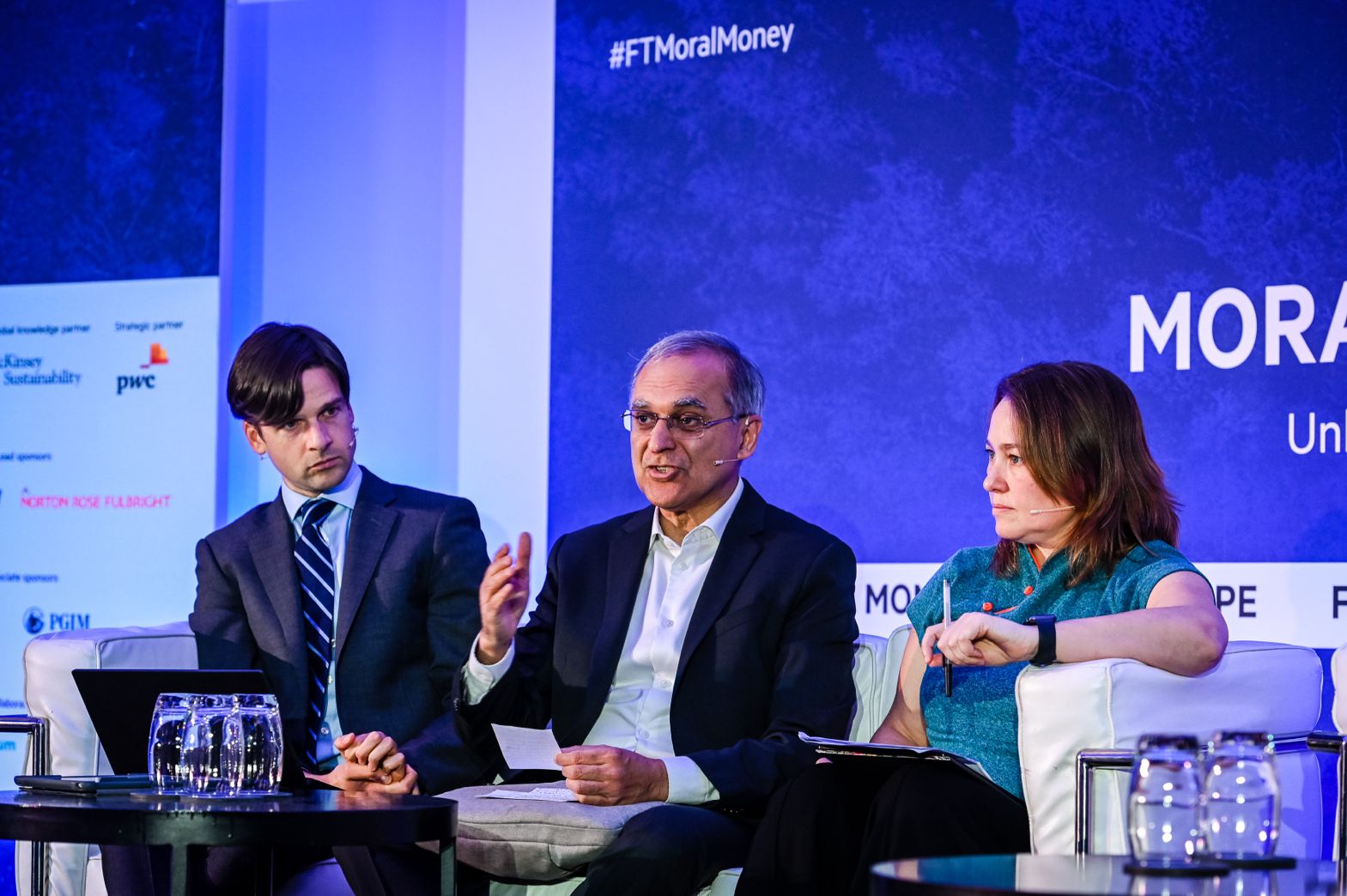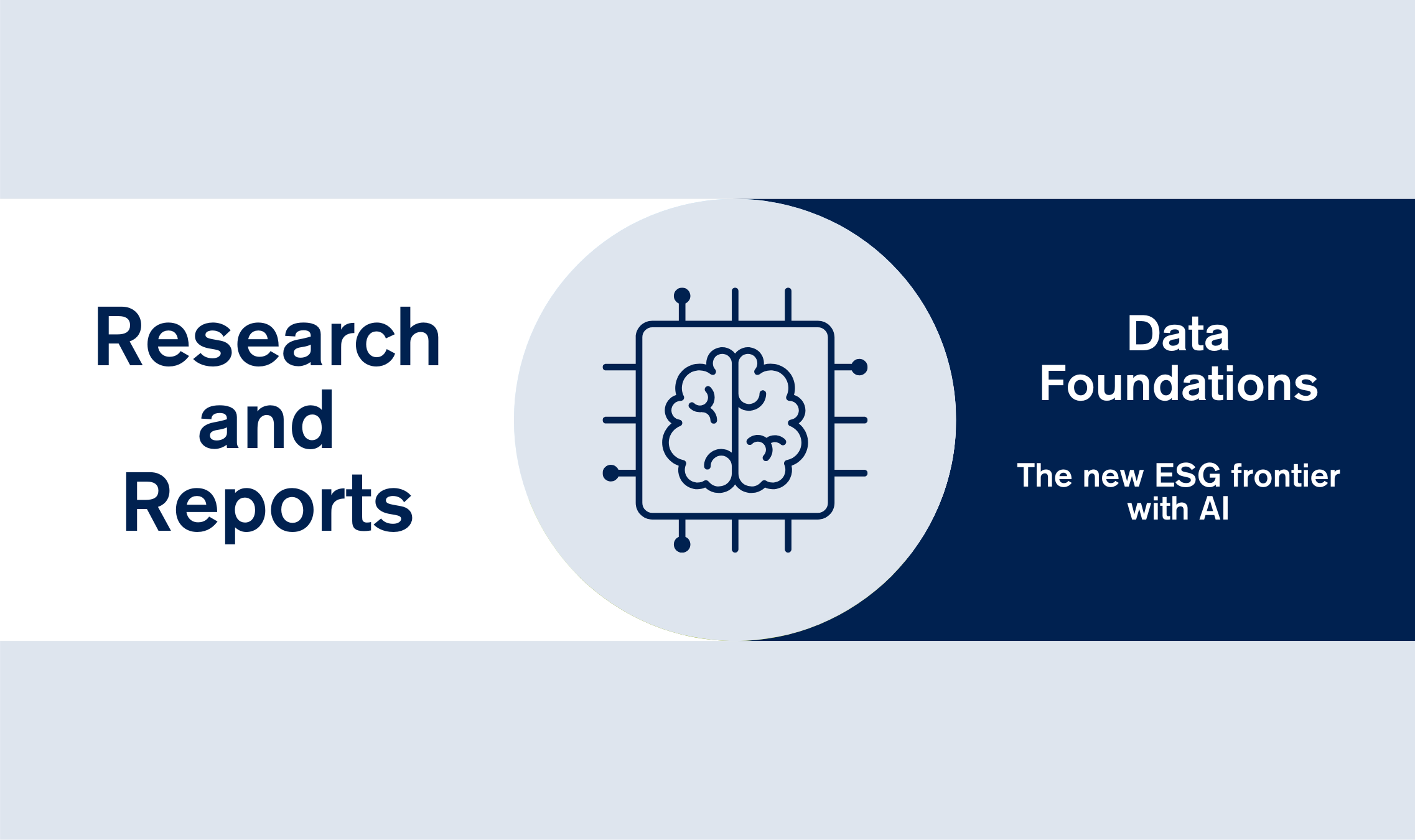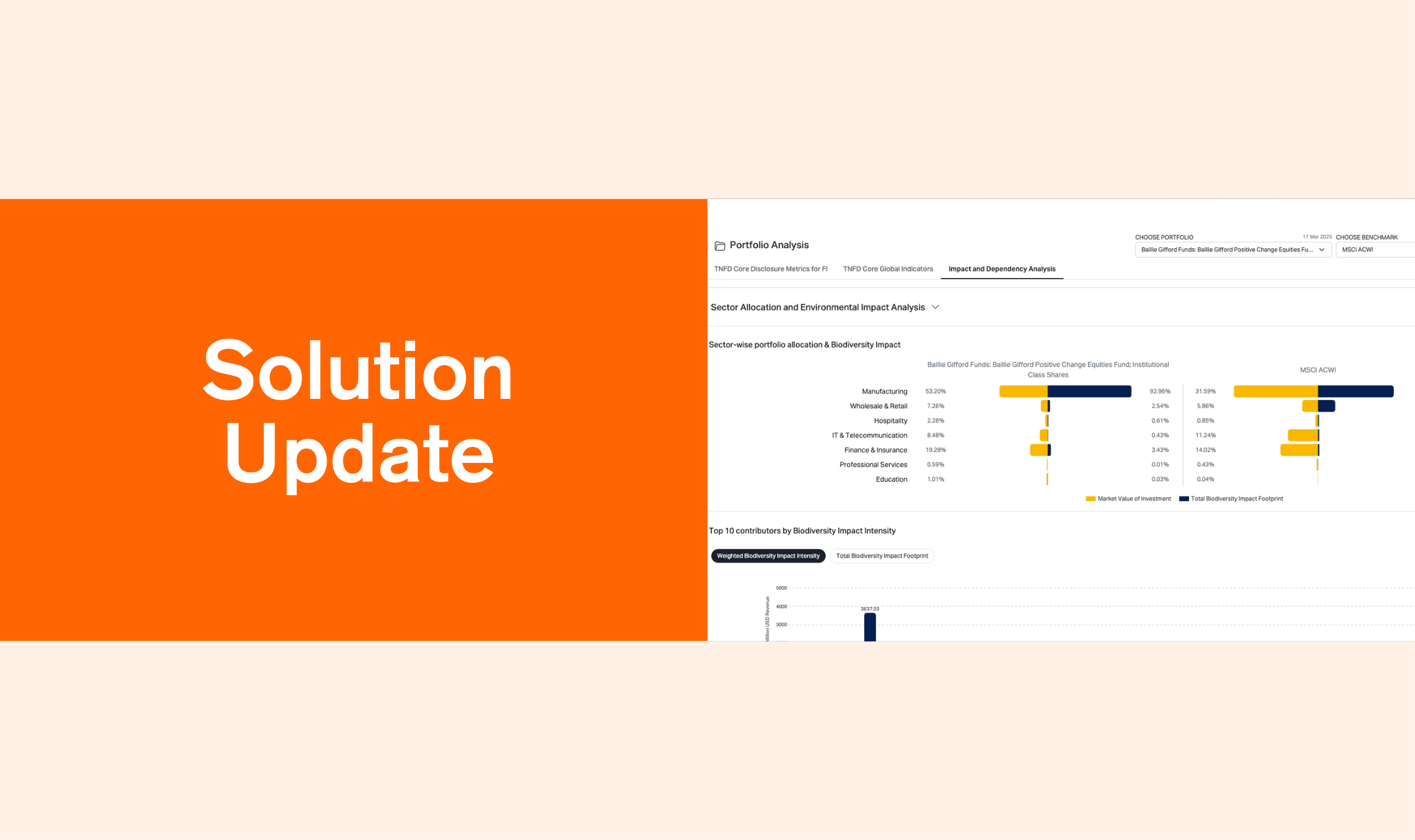Yesterday, on a panel at the 2023 Financial Times Moral Money Europe Summit, moderator Patrick Temple-West asked me if the term ESG is relevant anymore.
My answer: ESG was and still is relevant. BUT it has gone through quite a journey of morphing and buffeting since the term was first used in the UN Global Compact’s groundbreaking paper, “Who Cares Wins” in 2004.
Looking back at that original paper, it’s clear that the authors, 20 of the world’s most influential financial institutions, recognised that the “G” (Governance) part of ESG was the foundation, driving everything else.
As they wrote: “Sound corporate governance and risk management systems are crucial prerequisites to successfully implementing policies and measures to address social and environmental challenges.”
Of course, I agree with this pyramidal view – with G as the base, driving S and E outcomes and impacts. However, the marketing need for competitive differentiation by fund managers has instead given us a “pig’s breakfast” of E and S and G. Any number of factors are being rated by any number of analysts at any given time for over 600 different ESG rating methodologies issued by over 150 different organisations. There’s a complete lack of framework consistency, transparency, and credibility, and it’s led to much confusion and angst in the marketplace.
The good news is that the original idea of ESG – its frameworks, its focus on governance as a driver, and environmental and social pillars as outcomes or impacts on society – has, in my opinion, definitely led to more awareness of what the private sector needs to pay attention to:
- In what areas do we have serious negative impacts that need urgent attention?
- What business areas are relatively benign, where there aren’t serious impacts?
- What can and should we do and with what priority?
Equally important – if not more so – investors have understood that today’s corporate externalities are tomorrow’s risks and the day after tomorrow’s portfolio losses. This awareness has grown, and for that, we must appreciate the history of ESG.
However, the proliferation, inconsistency, and opaqueness we have in ESG-world today to manage forward, from either an asset selection, portfolio transition, or a civil society accountability perspective, is a huge problem. Urgent changes are needed. Investors need to demand and know the social and environmental IMPACTS of their portfolios and assets. They cannot manage what they do not measure.
So while yes, I agree with yesterday’s panel topic (“ESG is dead, long live ESG”) the question is: what ESG next?
The answer to me is clear: one which focuses on the impact economy, and strives to improve, standardise and use impact economics. Luckily, this part of the Great Transition has already begun.
“Impact measurement is the way. Impact accounting will be with us within the next 3 to 5 years, revealing, in monetary terms, the impacts companies create alongside their revenues and profits.”
Sir Ronald Cohen






